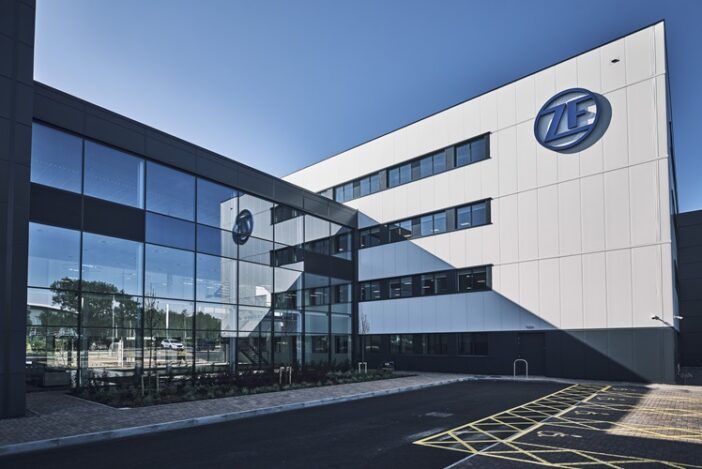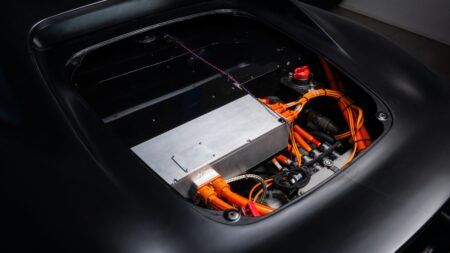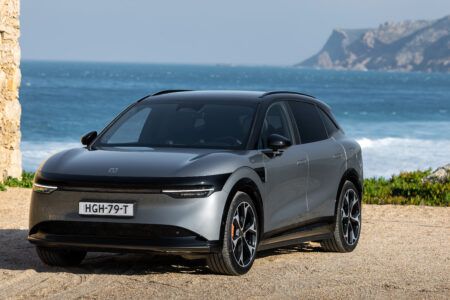ZF has opened the UK’s first dedicated 800V Test & Validation Laboratory at its R&D Hub near Solihull in the West Midlands. The facility aims to accelerate the adoption of 800V architectures in EVs, offering improved efficiency, charging, and performance advantages.
The laboratory, partially funded by the Advanced Propulsion Centre (APC), will provide ZF and its customers with specialized hazardous voltage (HV) testing capacity. To promote wider adoption of 800V technology, ZF plans to offer validation testing services to third parties. The facility has already secured several national, international, and customer accreditations to work with tier-one suppliers and OEMs.
“OEMs want the compelling benefits of 800V but finding facilities capable of validating these higher-rated systems has not been easy,” said Adrian Mitcham, Head of Special Applications at ZF. “We plan to offer 800V validation services to external organizations so that more of the benefits can be realized in the wider mobility sector.”
Most current EVs use 400V architectures, requiring about 20 minutes of charging to add 200 kilometers of range. An 800V EV could halve that charging time. Additional benefits of 800V systems include lighter wiring and potential efficiency gains of up to 10 percent when combined with Silicon Carbide MOSFETs, potentially leading to smaller batteries or improved vehicle range.
The 46-square-meter facility can accommodate various components, from small modules to full E-drive truck axles. Safety features include an interlocked and monitored door, active discharge resistance, and optically isolated instrumentation links. The infrastructure is future-proofed, capable of handling 1,500V DC at 45kW, with the possibility to increase to 90kW.
ZF’s Commercial Vehicle Solutions division has already used the facility to validate a new fuel cell air compressor and a hydrogen recirculation blower for trucks and buses. The company also plans to make the laboratory available for academic projects and support HV training for engineers in collaboration with the Institution of Mechanical Engineers (IMechE).





